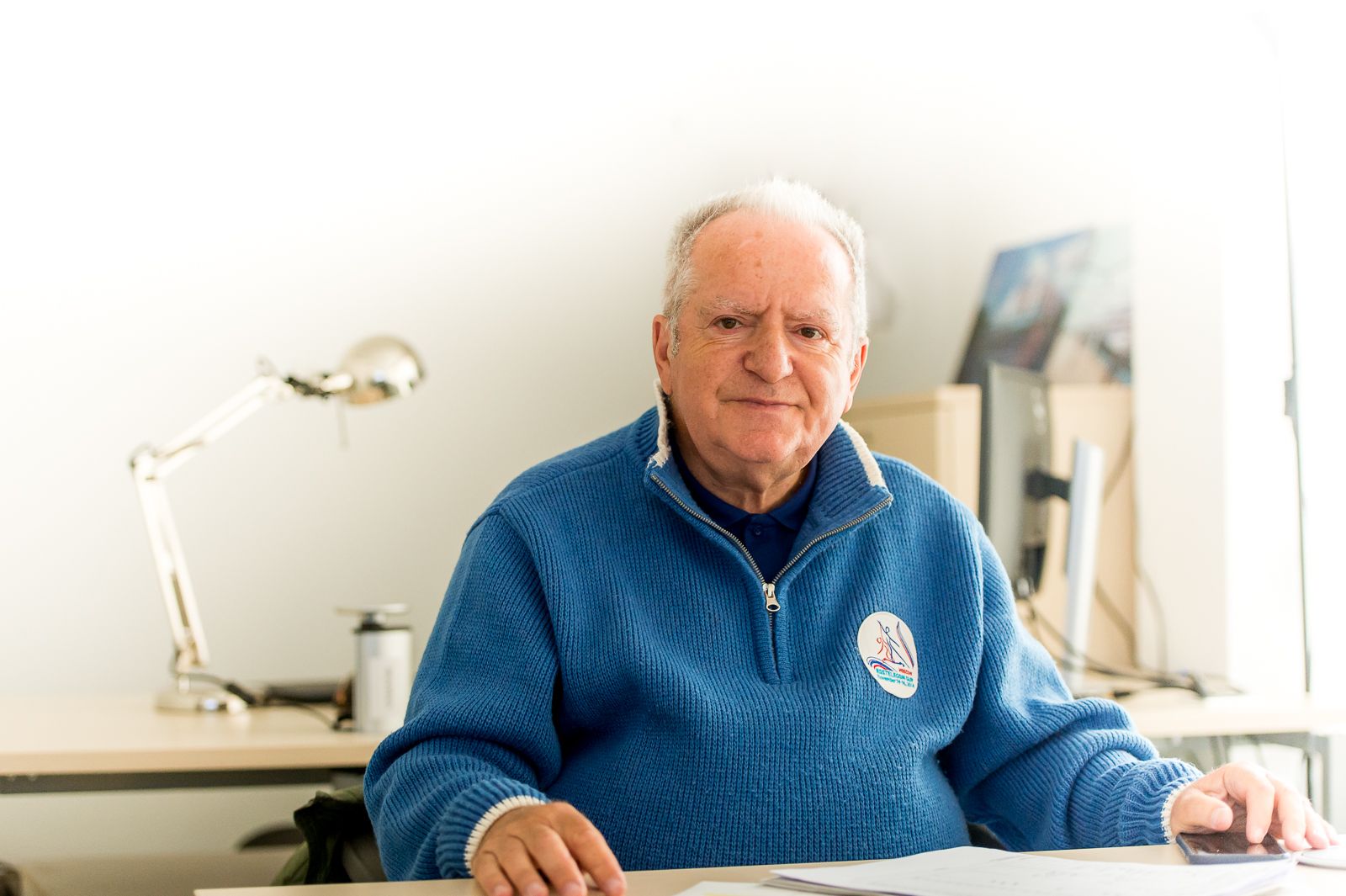And what then if teams from countries like India are not able to compete up to your standards for the JGP? They never compete, never improve, and do not grow the sport or increase their own talent? They quit, move on, their country doesn't send anyone and why would skating ever improve in their countries. Don't we want to see more athletes? Don't we want to encourage skaters from all over the world to SKATE? That's incredibly unfair to them. They deserve to be there, to learn how to compete, to see the other skaters, to improve and grow. That is what the JGP is about, isn't it? Growing and forming talent. Encouraging skaters who aren't from the big countries to stick it out in the sport and give them important exposure to a competitive environment.
I think this does get at an important issue, but we are talking about a number of things here. First of all, it's great for countries unfamiliar with figure skating to develop an interest in the sport for their youth as well as for interested adults. It was exciting to witness the precocious development of Denis Ten, and to see the talented and charismatic Michael Christian Martinez's entry onto the competitive scene (albeit his continued improvement may well have been stagnated by lack of finances for the amount of training needed to improve to the next level). In recent events, it's been a joy to watch Donovan Carrillo's engaging performances. Javier Fernandez's championship success has spawned growth of the sport in Spain. This rise of talent in more and different countries around the world is exciting, but as far as I can see it's also sporadic, ill-funded, and inefficiently developed. Does the ISU actually have a long term strategy or a well thought out mission statement for growing the sport worldwide? If so, I'd like to see it.
Meanwhile IMO, there are a slew of organizational, cooperative, conflict of interest, and governing body management issues that go unaddressed. The sport has been exceedingly slow to listen to its membership and to enact change in a timely and forward-thinking manner. It has often taken public scandals for them to recognize the need for change that quite often powerless members of the skating community had been diligently advocating for unheeded for years (the scoring system is a chief example). The sport's origins are elitist, insular and conservative, further complicated by federation and ISU management practices being hidebound by powerplays, antiquated thinking and political in-fighting.
IMO, there's way too much fear of stepping out of the status quo party line, and this results in a lot of going along to get along. Therefore effective, well thought out and well-planned change is very slow to happen. There's been too much pushing in of rules changes, without adequate testing and long-term planning. To me the ISU for far too long has been about certain individuals holding onto power, not to mention the problematic situation of speedskaters controlling the finances and operational management of figure skating. That is at the crux of the problems that figure skating faces, and it has been for far too long. These are two different sports and the fact that they have been run by the same governing body in a tied at the hip way for so long has been to the advantage of speedskating, and to the detriment of figure skating. I know my comments are politically incorrect. I realize that nothing will change, since the ill-planned effort to force change went badly awry in 2003, was snuffed out, and effectively led to the continued kowtowing of U.S. officials to the hegemony of the ISU.
I realize that fans mostly just want to go along to get along too, and thus most fans prefer to view the current status quo as glass half-full, rather than finding fault. At this rate, things as they are will continue to meander along in the good, the bad and the ugly ways to which we've become accustomed.
Everyone can knee-jerk about me voicing my opinions on the young duo from India. It's certainly not the end of the world for them. Surely they benefited in some way. I'm just not so sure that at their current level they benefited by participating. I don't think competition on the JGP has helped them improve their skills. They need dedicated and attentive training from good coaches. My thoughts are not intended as a putdown. I believe all cultures have a lot to contribute to figure skating that can help enrich the sport in important and immeasurable ways. But there is an effective way and a bonehead way of going about things in any endeavor.
The other part of this is how to balance growing the sport worldwide with long-term planning for accommodating the sport's growth in a way that allows for equal opportunties, as opposed to favoritism and political advantage imbalances. As it is, there's a very narrow window of opportunity to even advance to the top levels with huge depth in some countries and lack of depth in other countries complicating competitive opportunities. This leads to some skaters not even being able to improve or to gain any competitive momentum. This is a problematic concern the sport surely has huge challenges in addressing, but the sad fact is TPTB apparently prefer not to address it at all.
Heads in the sand, inadequate p.r. campaigns that don't address the real problems, and business as usual are the only things I see happening in response to problematic concerns. What I also see is mouthpiece advocating for growth in other countries without enacting beneficial change to accommodate that growth, nor even providing sufficient resources to further such growth in interested countries. The young Indian duo competing at JGP is like the 'Get Up' campaign in the U.S. -- goodhearted and well-meaning, but superficial and inadequate to address ongoing problems, much less the best way to adequately benefit and serve those two youngsters or any of the young athletes who dream big and work hard.


 ), I can't get bent out of shape over this until we know more.
), I can't get bent out of shape over this until we know more.
 The alert says the server's IP address of hunskate.humukorcsolya cannot be found.
The alert says the server's IP address of hunskate.humukorcsolya cannot be found. So good. Seriously, someone in the know pass this to Lakernik.
So good. Seriously, someone in the know pass this to Lakernik. The ISU has never been great at addressing anything that needs to be addressed in a timely and efficient manner, as far as I have seen.
The ISU has never been great at addressing anything that needs to be addressed in a timely and efficient manner, as far as I have seen.
 Seriously?
Seriously? Nope
Nope 
 And Barton also deserves so much credit for his knowledge of the sport and for how positive, upbeat and constructive he is in assessing young skaters' attributes and weaknesses after their performances. It's a learning experience to listen to Barton's commentary. He's not always perfect of course, e.g., when he pretends Alysa Liu had no URs, or when he's soft-shoeing for the ISU. But I understand the necessity in his position. In any case, the Junior Grand Prix circuit is a good example of what I meant regarding young athletes being the sport's lifeblood. There's nothing wrong with the young team from India's desire to improve and to compete. But I find it problematic for them to do so at a JGP event at their current skill level, and I come to that conclusion independently of what anyone else thinks.
And Barton also deserves so much credit for his knowledge of the sport and for how positive, upbeat and constructive he is in assessing young skaters' attributes and weaknesses after their performances. It's a learning experience to listen to Barton's commentary. He's not always perfect of course, e.g., when he pretends Alysa Liu had no URs, or when he's soft-shoeing for the ISU. But I understand the necessity in his position. In any case, the Junior Grand Prix circuit is a good example of what I meant regarding young athletes being the sport's lifeblood. There's nothing wrong with the young team from India's desire to improve and to compete. But I find it problematic for them to do so at a JGP event at their current skill level, and I come to that conclusion independently of what anyone else thinks.

